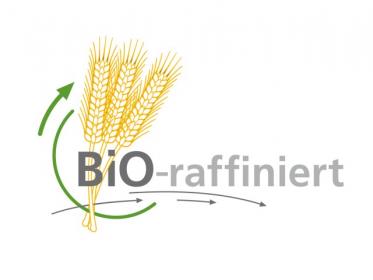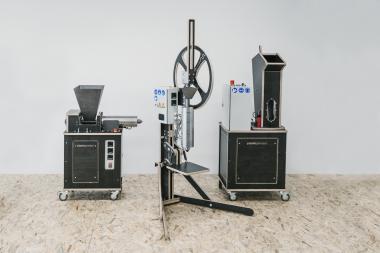RISE® – Research, Innovation & Science for Engineered Fabrics Conference in September
- Focus on Rethinking, Reusing and Recycling Nonwovens this September
- Industry Experts Present Material Science Innovations & Sustainability
More than 20 industry experts will present their views on how material science innovations can create a more sustainable future for the nonwovens industry at the Research, Innovation & Science for Engineered Fabrics (RISE®) Conference, Sept. 27-28 in Raleigh, at North Carolina State University, co-organized by INDA and The Nonwovens Institute at North Carolina State University.
Starting with responsible sourcing of nonwoven inputs to developing realistic end-of-life options and circularity opportunities, RISE will focus on rethinking, reusing and recycling nonwovens and engineered materials at the Talley Student Union in Raleigh.
Participants will learn what’s coming next with sessions on the following six themes: Towards a More Circular Industry; Advancement in Sustainable Inputs; Development in Natural Fibers; Sustainable Inputs: Fibers and Biofibers; Waste Not, Want Not, Sustainable Inputs from Waste Products; and Economic Insights and Market Intelligence.
The 12th edition of RISE® will bring together thought leaders in product development, materials science, and new technologies to connect and convene for the industry’s premier nonwovens science and technology conference.
Expert speakers will address the latest trends and innovations around circularity – an important component of sustainability strategies that aims to return a product into the supply chain, instead of the landfill, after users are done consuming it.
RISE® session highlights include:
- The Global Plastic Crisis: Who Will Be the Winners/Losers in The Marketplace?
Bryan Haynes, Ph.D., Senior Technical Director, Global Nonwovens, Kimberly-Clark Corporation - Sustainable Fibers – Developments and the Future
Jason Locklin, Ph.D., Director, University of Georgia, New Materials Institute and David Grewell, Ph.D., Center Director, Center for Bioplastics and Biocomposites - Thinking Differently: In a Changing World What’s Next for NatureWorks and Polylactic Acid Polymers (PLA)
Liz Johnson, Ph.D., Vice President of Technology, NatureWorks LLC - PLA and PLA Blends: Practical Aspects of Extrusion
Behnam Pourdeyhimi, Ph.D., William A. Klopman Distinguished Professor and Executive Director, The Nonwovens Institute, North Carolina State University - Hemp is Strong – Are You?
Olaf Isele, Strategic Product Development Director, Trace Femcare, Inc. - Exploring Natural Fibers in Nonwovens
Paul Latten, Director of Research and Development & New Business, Southeast Nonwovens, Inc. - Potential Nonwoven Applications of Tree-Free Fibers Made from Microbial Cellulose –
Heidi Beatty, Chief Executive Officer, Crown Abbey, LLC - Ultra Fine Fibers Made from Recycled Materials
Takashi Owada, General Manager, Teijin Frontier (U.S.A.), Inc.
The event also will feature the presentation of the RISE® Innovation Award, a special opportunity to tour the Nonwovens Institute’s state-of-the-art facilities with advance registration required, and poster presentations by North Carolina State University graduate students.
INDA, Association of the Nonwoven Fabrics Industry































